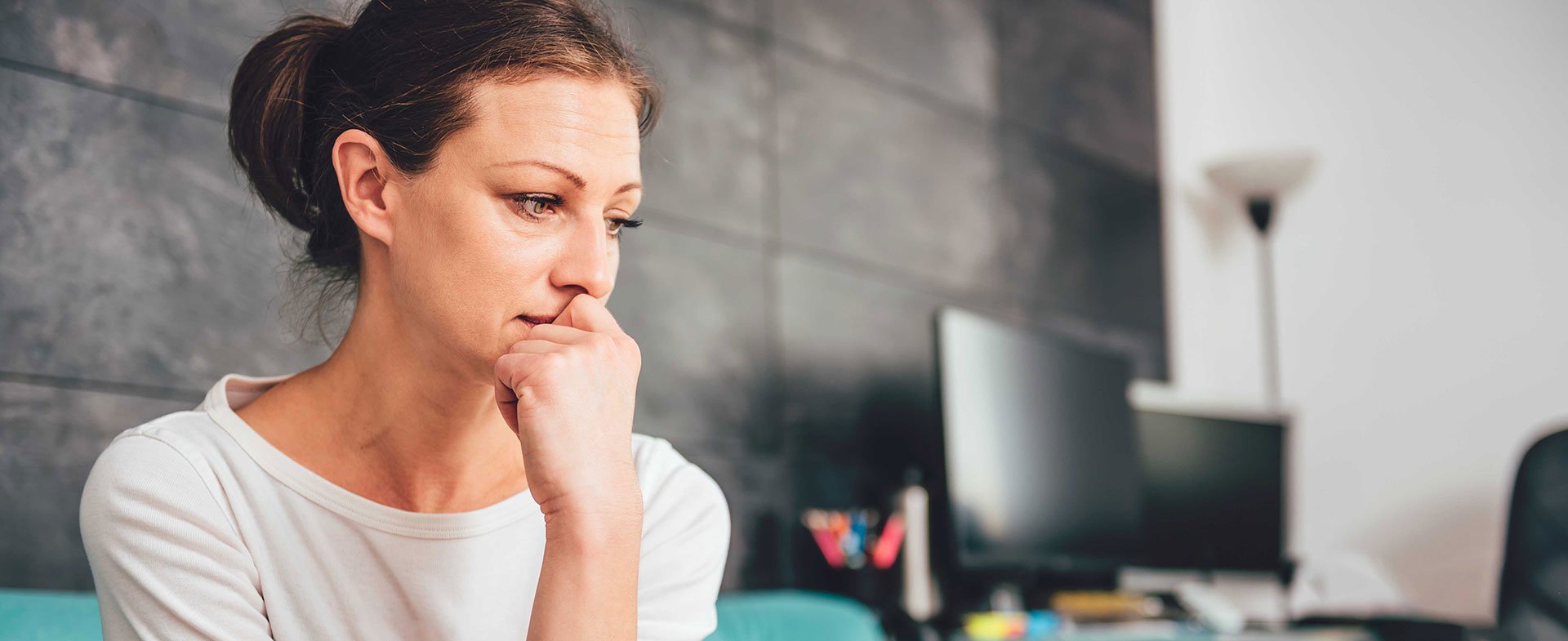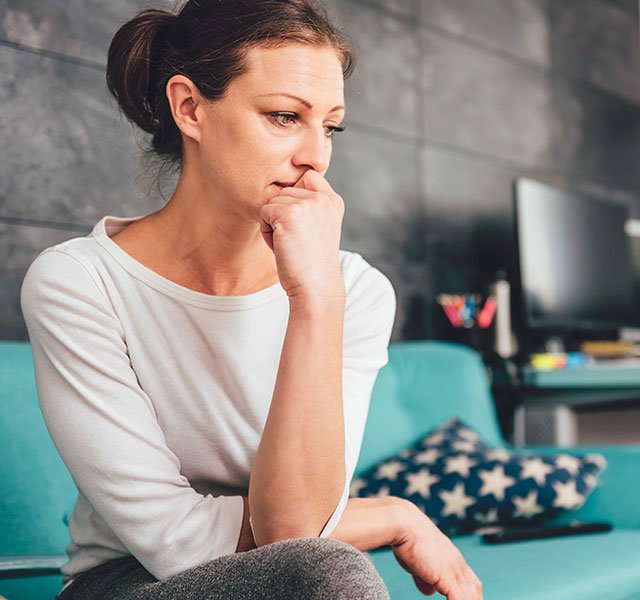Dealing with tragedies – such as the recent shooting in Las Vegas – is a process, says a Henry Ford Health psychologist who has worked with many patients exposed to shocking violence.
Police estimate a lone gunman killed more than 50 people and injured more than 400 attending a country music concert on the Las Vegas strip.
Many people will find themselves glued to the television or social media after such an event. Hearing video of the gunshots and listening to interviews with those who were there make the events seem close-at-hand.
But seeing those events unfold – even through the media – can cause some people to experience symptoms of anxiety, such as nervousness, feelings of dread, trouble concentrating or sleeping, or wanting to avoid certain situations.
The first step in coping with these types of tragedies is realizing that few people ever experience those types of horrific events first-hand, points out Henry Ford psychologist Philip J. Lanzisera, Ph.D. And those who commit them are oftentimes themselves struggling with something extraordinarily difficult and painful in their own lives, he adds.
“When we’re trying to cope with these things and we’re trying to recover from these things, we need to remember that violence is really very rare and that one can go about one’s life – go to concerts, go shopping, go wherever one might go – with safety because that’s the reality,” Dr. Lanzisera says.
That’s not ignoring the issue, Dr. Lanzisera adds. That’s coping with a productive, rational approach. “One doesn’t stop being aware of others and look out for obvious problems. But for the most part, safety is what one should expect in life.”
Even recognizing the rarity of such violence, some people are affected more than others. Those who notice they are feeling anxious can help themselves by responding proactively in the moment.
“In dealing with these kinds of tragedies, one wants first of all to take a moment to relax, to do something quiet, do something peaceful,” he says. “And while doing that, sit down and remind yourself, you’re safe right now, that even if you’ve experienced something, that’s over, and that’s not going to happen again.”
Perhaps the most important step to coping is to continue to take part in normal aspects of life – like attending large public events, in this case.
“One should go on and do whatever one wants to do right away so that you’re never saying to yourself by your behavior: ‘I need to worry, I need to be fearful,’” he says. “You want to be able to say to yourself in the actions you take: ‘I’m safe. Violence is rare. I don’t have to worry about that here.’”
The best thing those overwhelmed by feelings of anxiousness or an inability to relax after a major tragedy can do is seek professional counseling right away, Dr. Lanzisera advises.
If you are struggling with anxiety, visit henryford.com or call 1-800-HENRYFORD (436-7936) to find a doctor or mental health professional at Henry Ford.
Dr. Philip J. Lanzisera is a psychologist who specializes in treating patients with anxiety and depression, trauma-related disorders and pain-related disorders. He sees patients at Henry Ford locations in Detroit, Dearborn, Troy and Novi.



